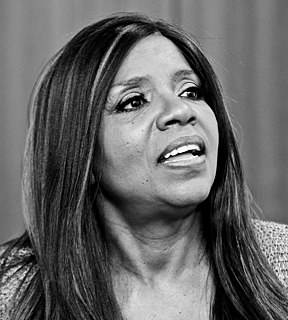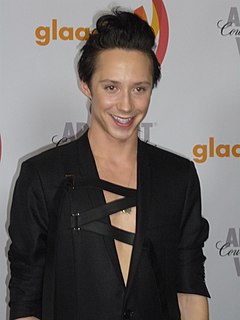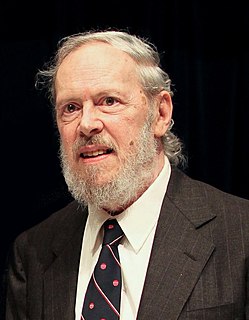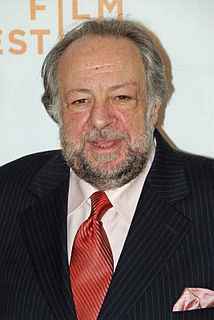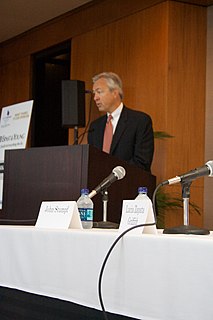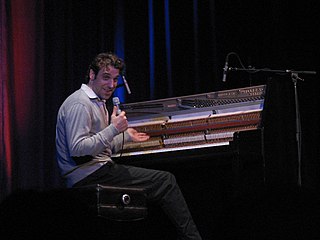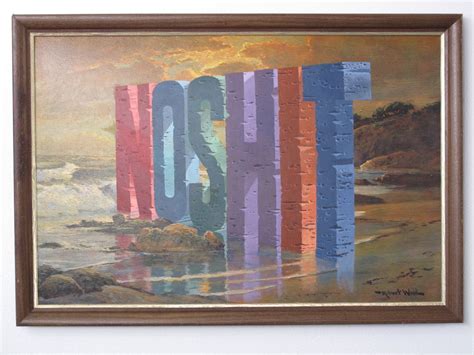A Quote by Gloria Gaynor
My audience is often hands-up, standing and cheering and on tables and all of that kind of things.
Related Quotes
When you have an audience standing and screaming the entire way through the short program and cheering every element you do, whether it's footwork, or spin, or a jump, to have that kind of emotion coming at you from every direction in the building, it's the most amazing sensation you can get as a sportsman.
I'm standing up for the right of self-determination. I'm standing up for our territory. I'm standing up for our people. I'm standing up for international law. I'm standing up for all those territories - those small territories and peoples the world over - who, if someone doesn't stand up and say to an invader 'enough, stop', would be at risk.
Standing up for what you believe is right, as well as standing up for what you believe is funny, standing up for what you believe is cool. As we found each other and the music that we do, we get to live out all of those things. That's what Run The Jewels is: it's all of those aspects of our personality.
There are people who try to figure things out. Often, magic is presented in a way that sets up a challenge that I actually find kind of appalling. You know, "I'm clever, I can do something, and you don't know what it is." And that instills in the audience the idea that, "Yes, I do. You're not that clever."
If nature has made you for a giver, your hands are born open, and so is your heart; and though there may be times when your hands are empty, your heart is always full, and you can give things out of that--warm things, kind things, sweet things--help and comfort and laughter--and sometimes gay, kind laughter is the best help of all.
To me, a performance is a military operation; it requires so much planning, and then ripping up the plan the minute you get there because you have no idea what the audience is feeling. I'm very much an entertainer, and sensitive to the audience's perception of me. I often have to do unexpected things, even for myself.
I'm neurotic in the sense that I can have a crowd of 300 people cheering you, applauding you, standing O, but one guy come out of the audience and go, "Hey man, you should have cut 20 minutes. That wasn't so good." And I'll just obsess on that one guy. After all this love, I'll obsess on him and want to smash his face in and strangle him and kick him down the stairs and I'll be pouting about that one guy all night.
Before the widespread rise of the Internet and easy publishing tools, influence was largely in the hands of those who could reach the widest audience, the people with printing presses or access to a wide audience on television or radio, all one-way mediums that concentrated power in the hands of the few.
I think that the casual reader and the lyric and confession are trickily tied up together. I mean often when I read my students' poems my first impulse is to say, "O, the subject of this pronoun, this 'I,' is whatever kid wrote this poem." The audience for lyric poems is "confessionalized" to some extent. And I think this audience tends to find long narrative poems, for instance, kind of bewildering.
